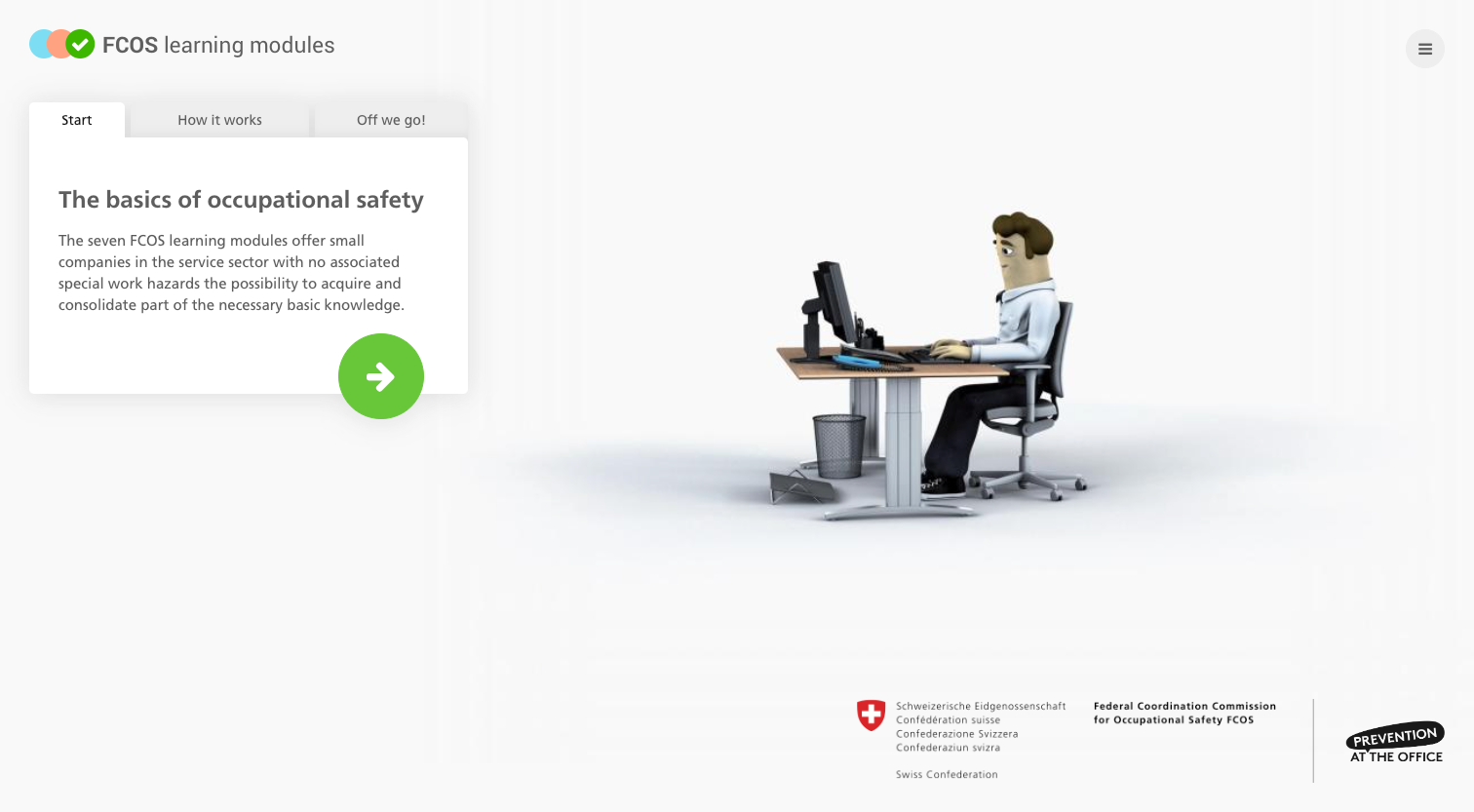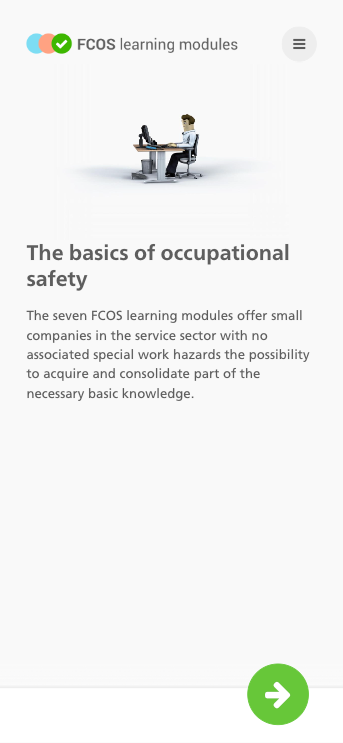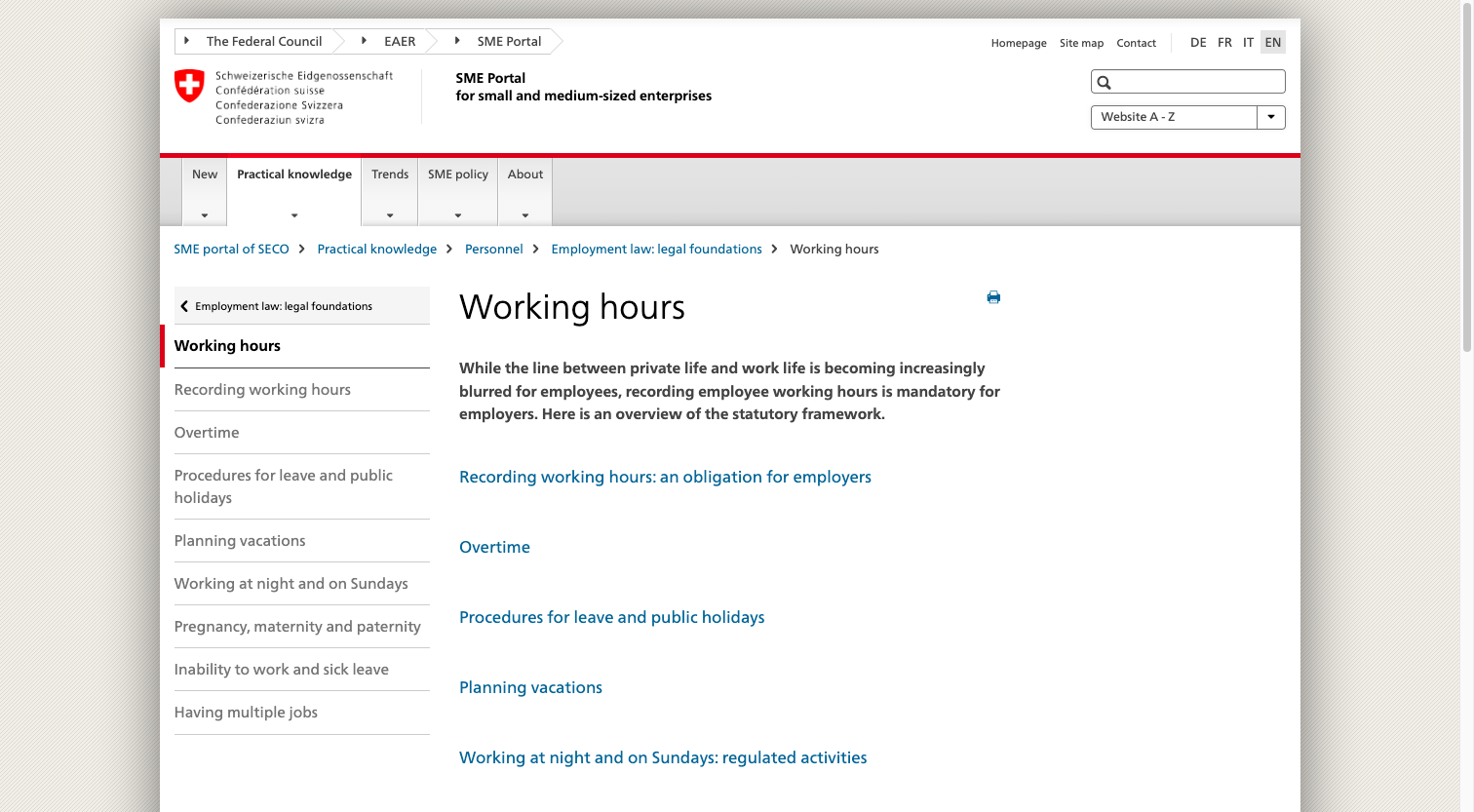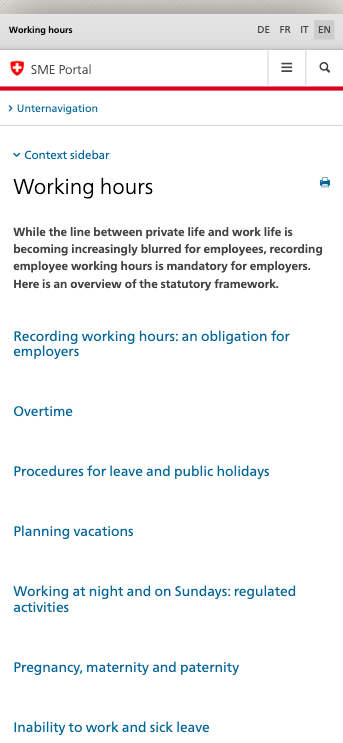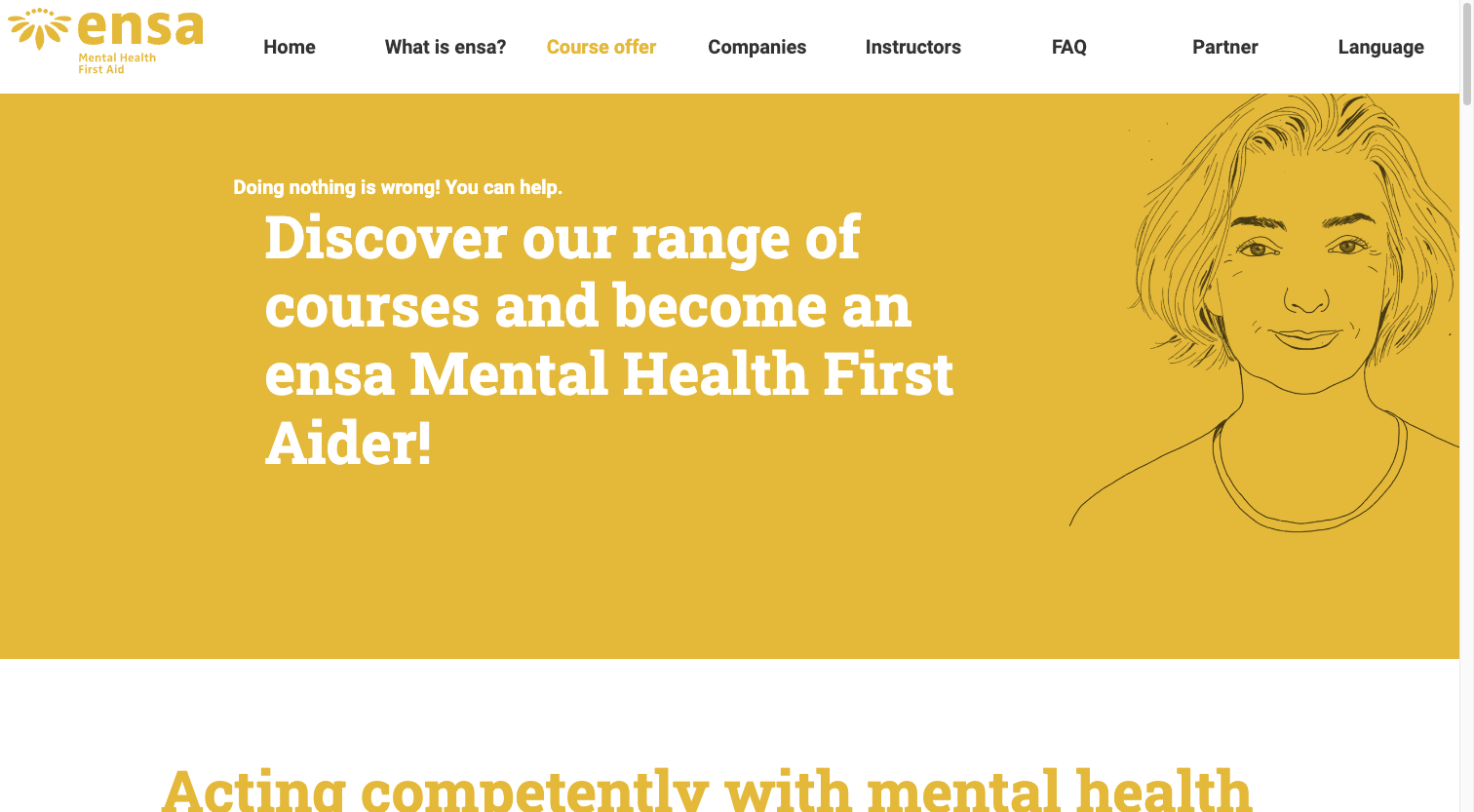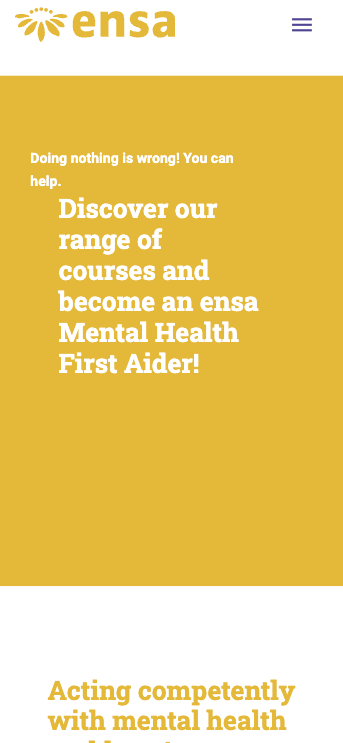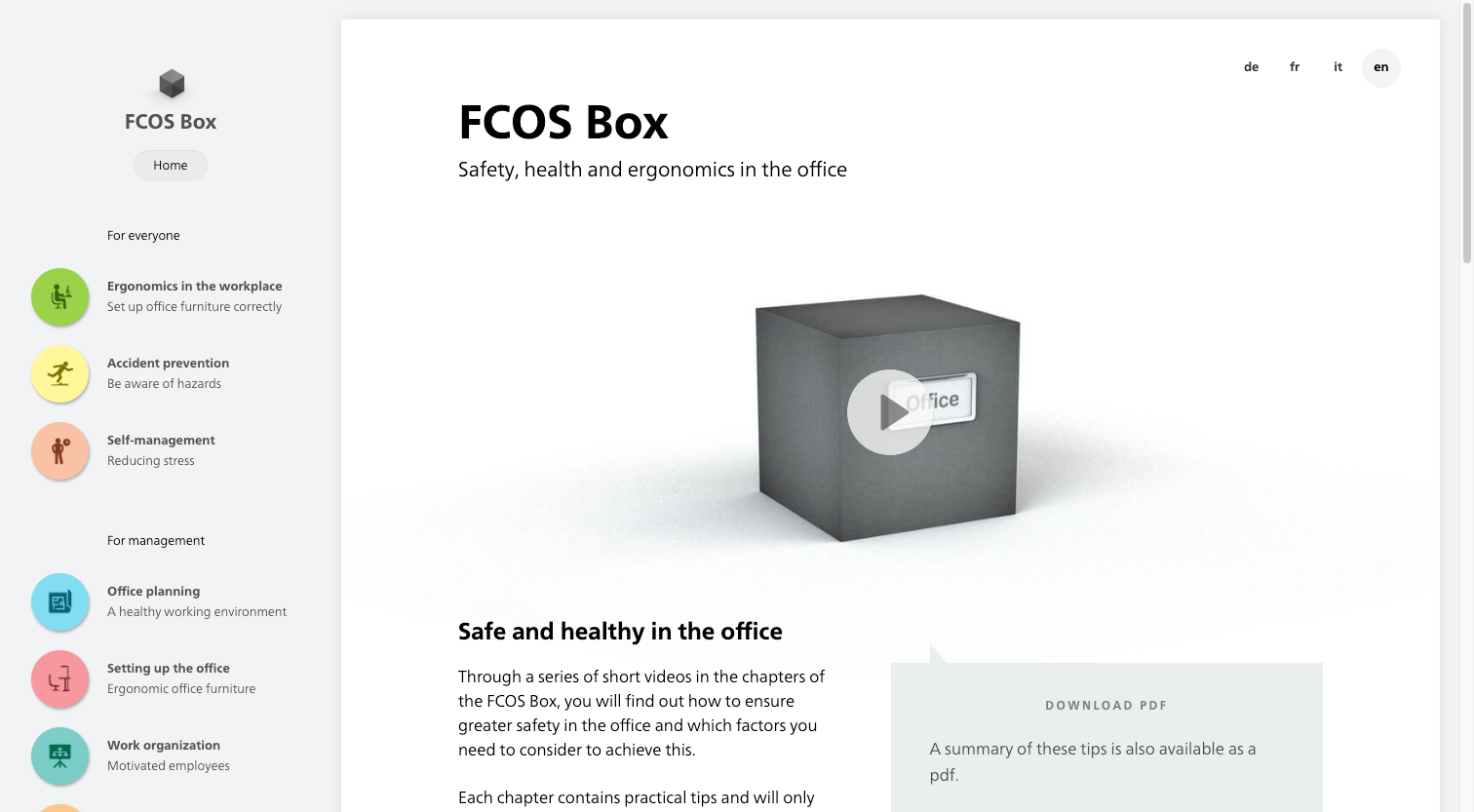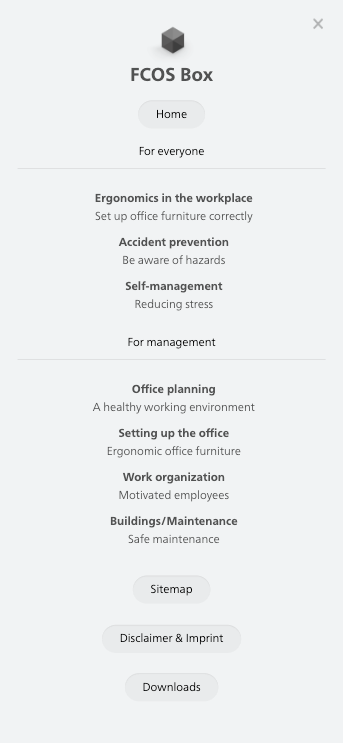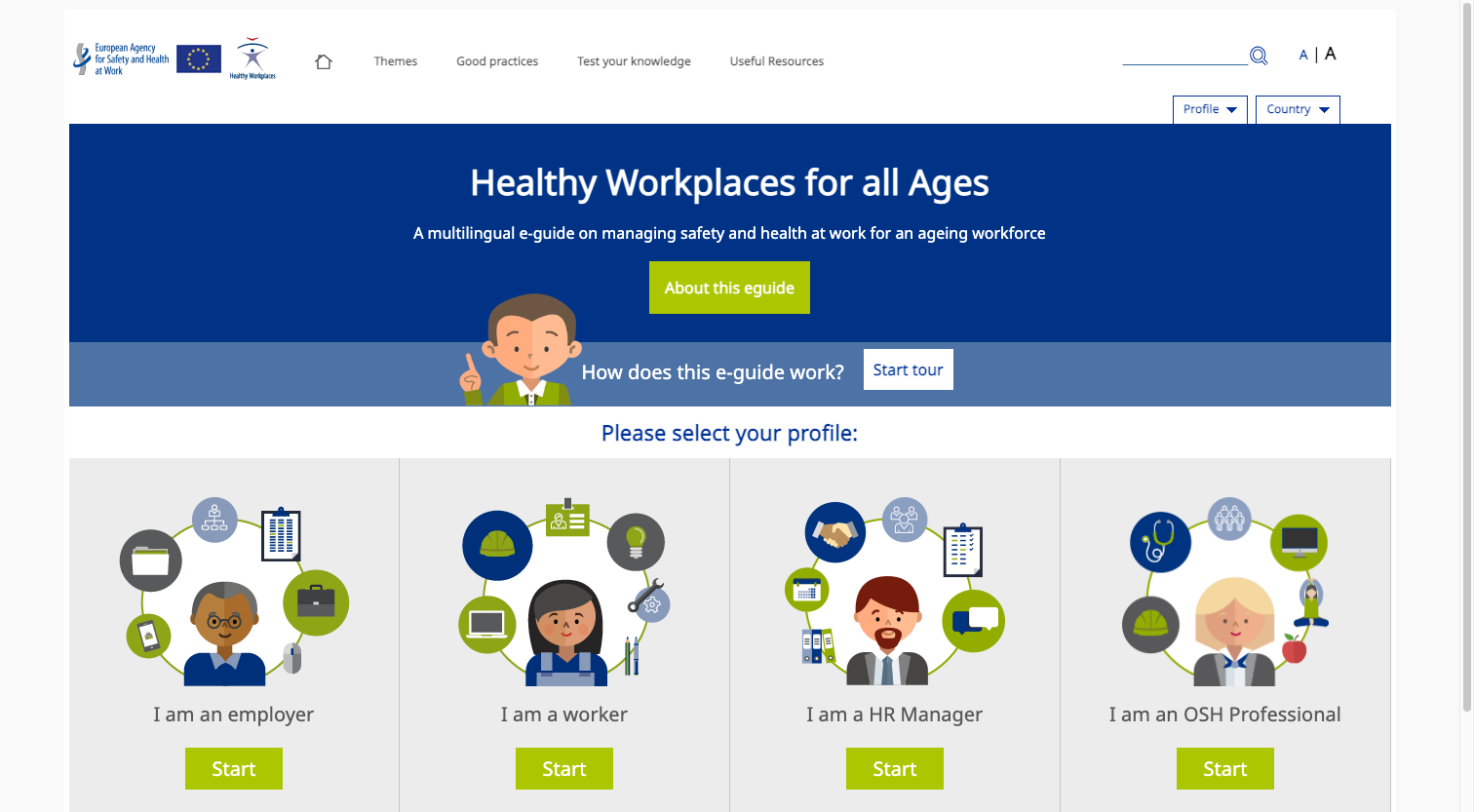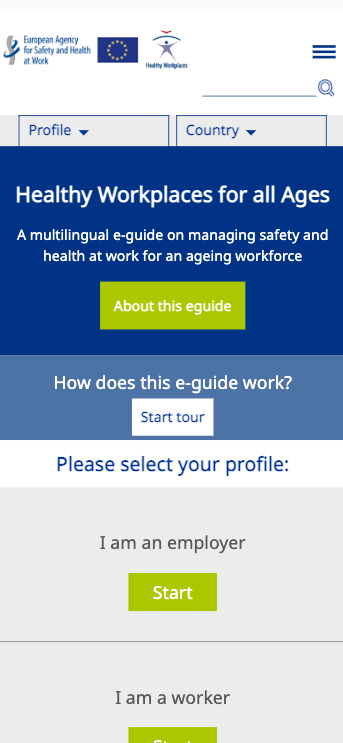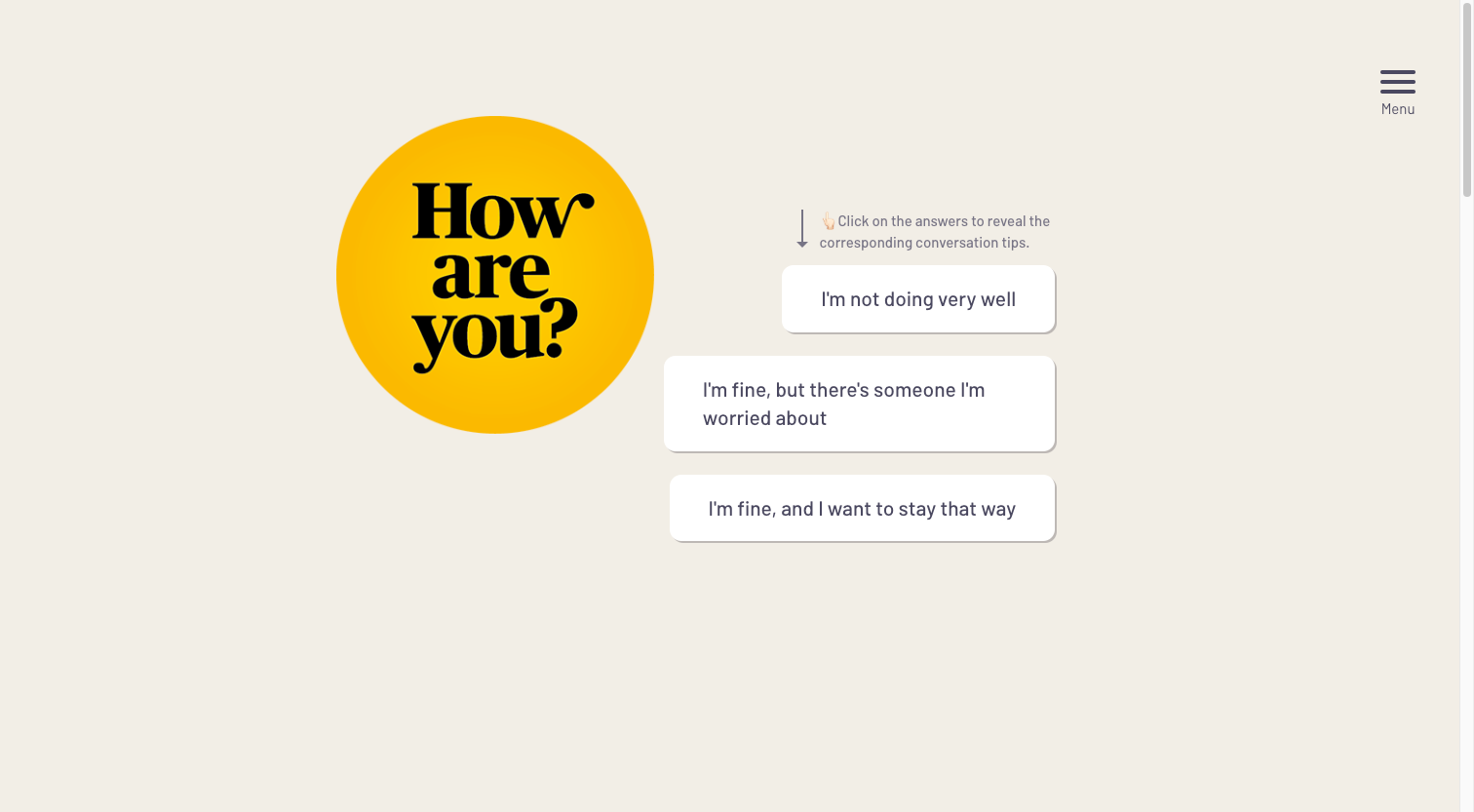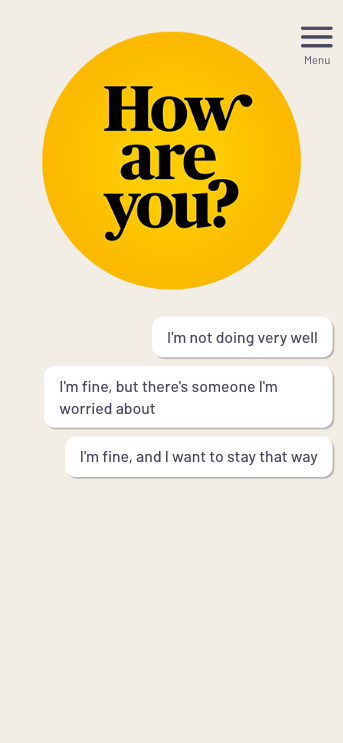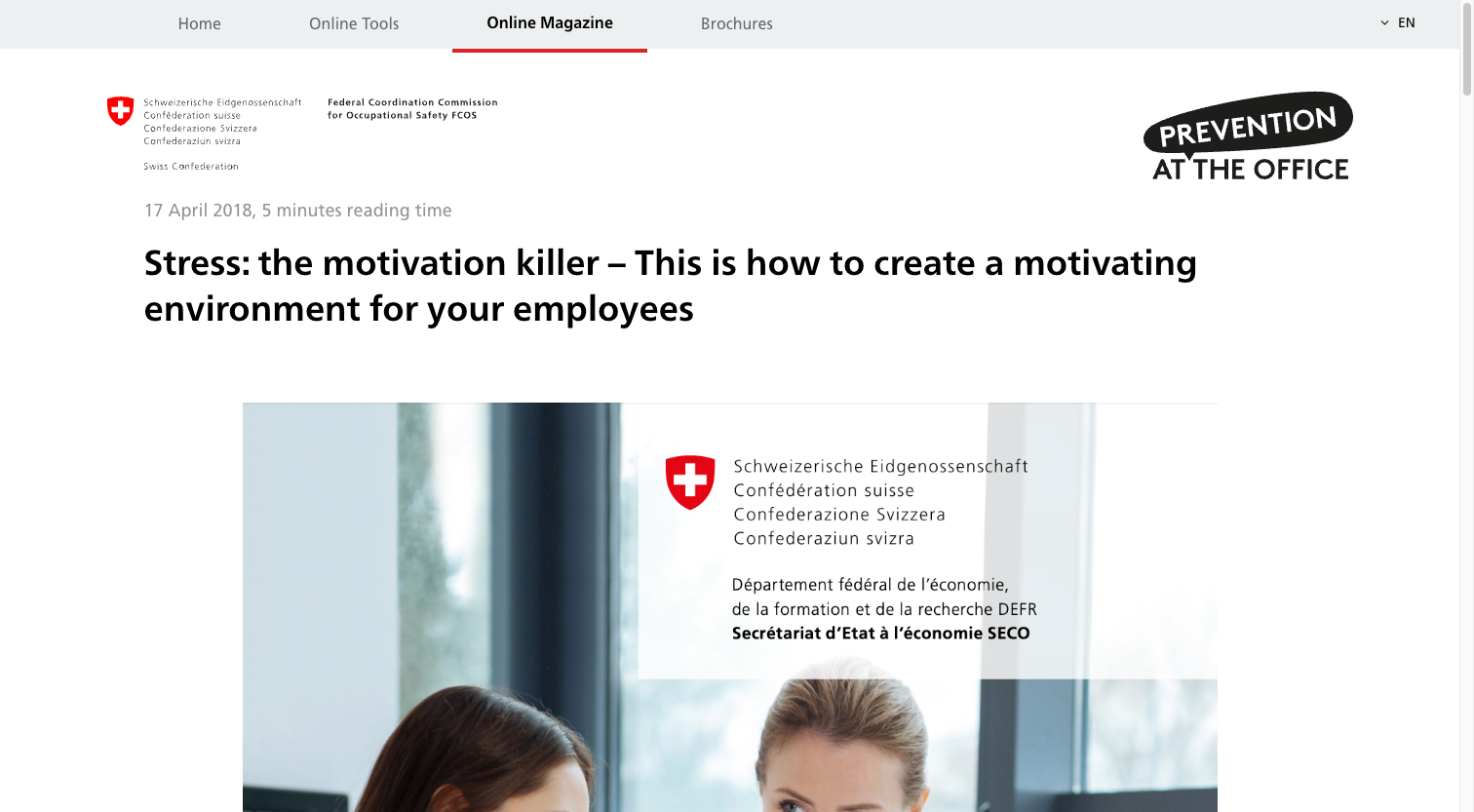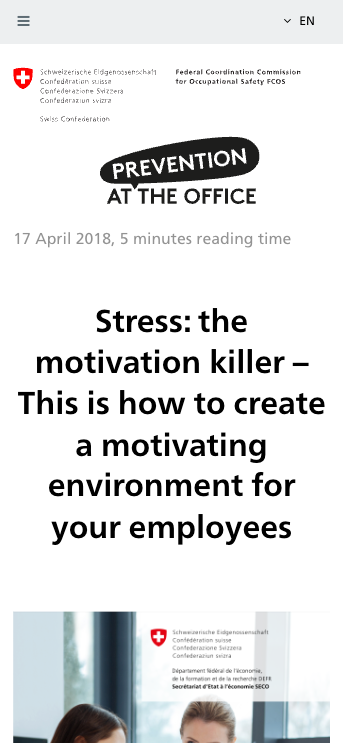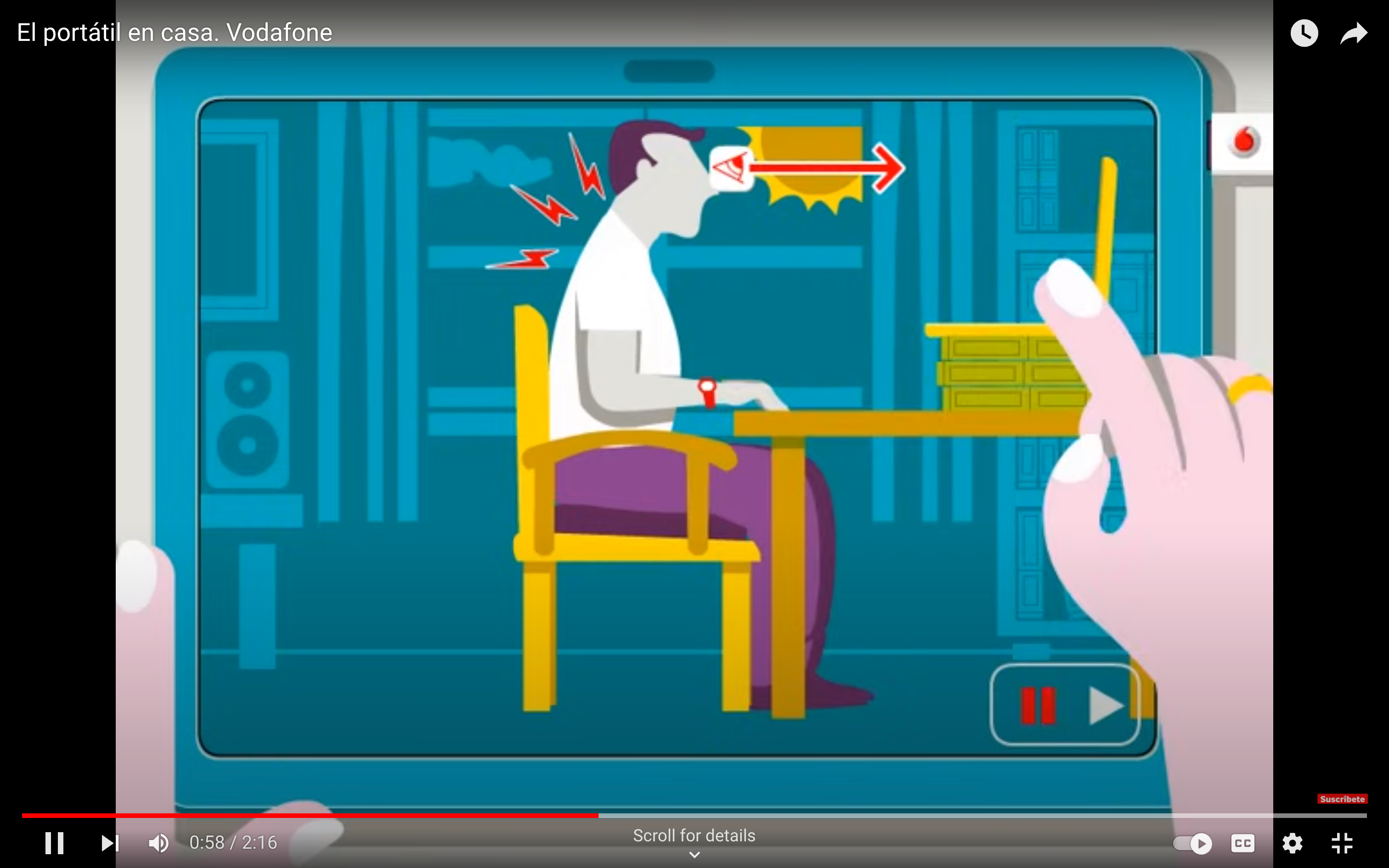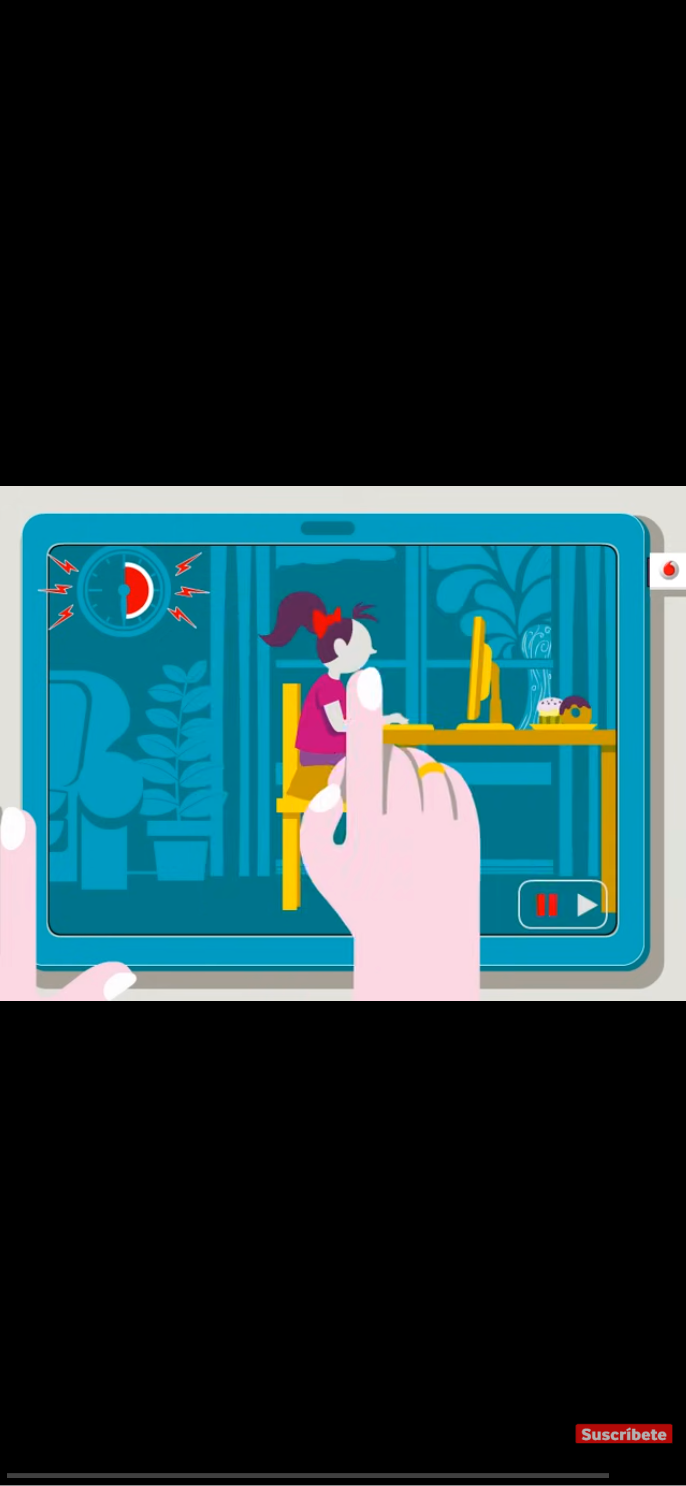Fatigue and exhaustion
In the case of work overload, for example due to demanding working hours, frequent overtime or growing areas of responsibility, warning signs often become apparent. Managers in particular should be aware of these signs and make changes to themselves and their work environment early on in order to avoid permanent overexertion and tiredness – because in the worst case scenario, this can end in a chronic fatigue syndrome or exhaustion depression ("burnout").
Managers in particular are generally expected to be able to cope with a high level of personal stress and a huge workload due to their position and role in the company. In addition to their own activities, they have to fulfil a role model function and take on leadership tasks.
If they want to do their job particularly well or want to do justice to everyone, the strain and thus also the stress can increasingly become a problem. High expectations from clients or partners, a larger field of tasks or complex work organisations, etc. can increase the pressure and workload and leave managers tired and mentally exhausted.


Life-domain balance
Life-domain balance is colloquially known as work-life balance. However, this term is now considered misleading, as work is an integral part of life – not an antithesis. That is why we now speak of life-domain balance instead.
Signs of overwork and impending chronic fatigue
Do you also ask yourself sometimes: "Why am I always tired?" Feeling burnt out is only one possible indication of many a stressful work situation. A number of symptoms can point to an impending mental illness and too much pressure to perform:
Fatigue and exhaustion
Common illnesses
Sweating or nausea
Lack of concentration and decreased productivity
Irritability, nervousness and mood swings
Self-doubt, pessimism and negativity
Dissatisfaction and lack of motivation
Excessive consumption of alcohol, cigarettes, drugs or unhealthy food
Physical overwork can be indicated by permanent exhaustion, increased headaches, neck and back pain, or general pain in muscles, limbs and joints.
As a boss, you should also remain attentive to possible signs of overwork in your employees. If necessary, seek a discussion as soon as possible and signal openness. In such a case, it is important to recognise symptoms at an early stage and find solutions together to improve the work situation – so that such problems as a burnout / exhaustion-depression do not arise in the first place.
Ensuring a healthy life-domain balance
There are various methods with which leaders in particular can draw new strength and ensure a sustainable life-domain balance. Here are some suggestions:
Set priorities: Prioritising tasks creates clarity and prevents overload. By doing this, you determine what needs to be done first and what can quietly wait for a few more days.
Self-determined leisure time: Contrary to popular belief, CEOs and entrepreneurs cannot always do what they would like to do. It is therefore all the more important that they do what they want to do in their free time, with exactly the people they like to be around.
Relaxed breaks: Whether it's meditation, a short walk, or sitting in the sun for five minutes with a cup of coffee (and without a smartphone!) – mentally separate yourself and create a physical and mental distance from work. Whether you go outside, solve logic puzzles or learn a new dance choreo on YouTube is up to you.
Self-reflection: Work on your inner attitude. Many leaders are doers, and have way too high expectations of themselves. But no one has to live up to all the expectations placed on him or her. This also includes setting limits and keeping them consistently: saying no.
Celebrate successes: Give yourself a sense of achievement by, for example, trying something new, cooking a complicated dish, going surfing, making pottery, whatever you feel like doing. It's fun, it builds you up and fills you with new energy.
Deceleration: Use approaches such as annual working hours or flexitime for yourself and your employees. This helps to deal with peaks in workload and provides the necessary relaxation and recuperation afterwards. End work on time, reduce overtime, use your holidays. And: even bosses are allowed to call in sick once in a while.
Health effects of stress and the meaning of fatigue
Psychological stress at work or in private life, especially if it is of a permanent nature, can contribute to chronic pain disorders such as fibromyalgia. The development of fatigue syndrome, an exhaustion that is usually caused by anaemia, can also be promoted by a person's psychological condition. Of course, the development of these diseases is very complex, partly genetically determined and not yet fully understood. However, the most common signs of fatigue are similar to those of overwork: persistent tiredness, reduced performance, lack of motivation, difficulty concentrating, etc.
Working healthily at a PC
Our posture at the desk also has a big influence on any signs of fatigue and symptoms of excessive workload. This short video gives you some practical tips on how you can quickly improve your posture when working on your laptop at home or in the office:
